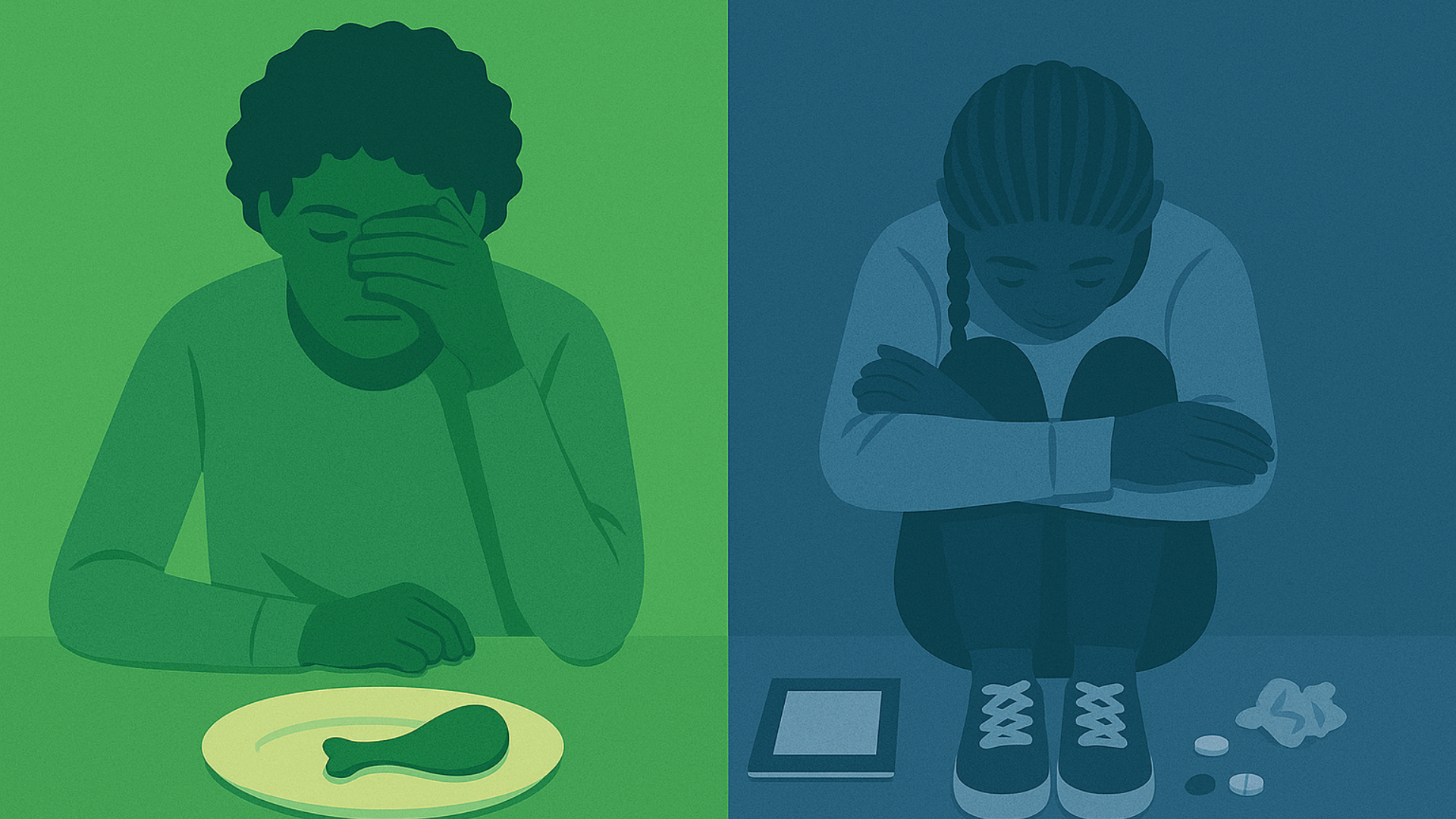How Can Therapy Help You Find Happiness?: A Q&A With Thrive Wellness Reno Outpatient Clinical Lead & Therapist Lynn Carver, LCSW

Whether it’s habits that aren’t serving you , relationships that are causing turmoil , a mental health condition inducing distressing symptoms, or something else entirely, there are many factors that can impede one’s ability to feel happy. The unbiased, professional perspective of a mental health clinician can lend insight into any obstacles that may be hindering your happiness and help you integrate healing strategies to brighten your outlook. Learn more about therapy’s role in encouraging happiness in this perceptive Q&A with Thrive Wellness Reno Outpatient Clinical Lead & Therapist Lynn Carver, LCSW.
How can therapy help individuals generate more happiness in day-to-day life?
When considered as an emotion, happiness, like all other moods, comes and goes. In our everyday lives, the feeling of happiness is often overpowered by negativity bias. A critical aspect of human evolution, negativity bias is a cognitive inclination that causes adverse events to impact one’s psychological state more significantly than positive events. In other words, a person will experience an unfortunate circumstance more strongly than an equally as intense pleasurable circumstance. While a fundamental factor in humankind’s early dominance over other lifeforms, this biological trait can interfere with fully experiencing the joys of the present.
Individuals can circumvent negativity bias by practicing mindfulness . Mindfulness strategies can encourage one’s appreciation of moments that evoke happiness and prevent them from becoming overwhelmed with negative emotions brought on by unfavorable occurrences. By teaching mindfulness skills, therapy can help a person create more happiness in their life.
How can therapy guide individuals in developing a more deeply-rooted sense of happiness?
When viewed as a state of contentment, happiness is a longer-term description of a person’s overall well-being. This understanding of happiness is affected by one’s sense of meaning and purpose. Therapy can help individuals more fully understand their own values, preferences, skills, and strengths which can lead them to gain insight into the situations in their lives that consistently elicit their positive emotions. From there, they can work to mindfully expose themselves to more experiences that foment their happiness, ultimately nurturing a lifestyle that reflects their authentic self.
How can therapy support individuals in overcoming struggles that interfere with happiness?
Therapy encourages clients to learn more adaptive, skillful ways of addressing life complications and psychological concerns including, but not limited to:
- Adverse childhood experiences (ACEs)
- Alcohol and substance abuse
- Anxiety
- Self-destructive and maladaptive behaviors
- Depression
- Relationship issues
- Feeling overwhelmed with negative emotions
- Grief and loss
- Mental illness, such as bipolar disorder or borderline personality disorder (BPD)
- Perinatal mental health concerns , such as pregnancy complications and childbirth-related challenges
- Self-harm
- Suicidal ideation
- Trauma and post-traumatic stress disorder (PTSD)
During therapy, individuals can reduce their suffering to create more space for happiness by:
- Getting to know themselves better
- Learning how to care for themselves more effectively
- Discovering healthy ways to avoid any harmful responses to distress
To attain the most self-betterment benefits from therapy, both a trusting, productive therapeutic relationship and a willingness to try new approaches are necessary.
Can you address any misconceptions on the role of therapy in fostering happiness?
It may be tempting for individuals to hope that therapy will quickly, seamlessly, and comprehensively solve all of their problems. But, just as “get rich quick” schemes are rarely rewarding, therapy isn’t a happiness hack. Contrarily, therapy can be a complex, non-linear process.
Clinical psychologist Marsha Linehan, Ph.D. promoted the idea that the most caring effort a therapist can undertake is helping their client move closer to their own goals. I agree. Therapy can guide a person in advancing past any obstacles in the way of their happiness, but a therapist can’t speak their client’s happiness into existence. A person’s understanding of their own experiences and emotions combined with intentional, mindful action can, however, help engender happiness in their life.
Sometimes the presence of a mental illness, such as depression , can interfere with efforts to experience greater happiness. Psychological conditions can disrupt a person’s motivation, energy, sleep, and appetite. These and other symptoms can make mindful action quite difficult. For a person dealing with mental illness, therapy can be especially essential for reducing suffering brought on by their symptoms and nurturing a meaningful, happy life.
THERAPY FOR HEALING, GROWING, AND THRIVING
Thrive Wellness’ mental health clinicians include psychiatrists, therapists, and counselors adept at treating a wide range of mental health struggles, specializing in a variety of evidence-based therapeutic modalities, and possessing diverse backgrounds . Our clinicians take an integrated approach to health care with the understanding that mental, behavioral, and physical health are undeniably interconnected and the intention of helping you find holistic happiness. To learn more about our therapeutic services , reach out .
About the Contributor
Thrive Wellness Reno Outpatient Clinical Lead & Therapist Lynn Carver, LCSW
Lynn Carver, LCSW, earned both her bachelor’s and master’s degrees in social work from the University of Nevada, Reno (UNR). She is an intensively-trained dialectical behavior therapy (DBT) therapist and is also trained in trauma-focused cognitive behavioral therapy (CBT), mindfulness-based stress reduction (MBSR), child-centered play therapy (CCPT), and Internal Family Systems (IFS) modalities. Lynn is also an experienced DBT educator who has trained clinicians, line staff, families, local agencies, and multiple army bases across the nation.
Her experience spans all levels of care — outpatient, inpatient, intensive outpatient, and residential — and also includes supervising clinical interns, serving in various leadership roles within agencies, and teaching undergraduates in the school of social work at UNR by Letter of Appointment (LOA). In addition to her traditional career experience, Lynn has provided pro-bono services through the National Education Alliance for Borderline Personality Disorder (NEABPD) and various community-oriented organizations.
Lynn specializes in treating children and adults with borderline personality features, trauma histories and behavioral concerns, and eating disorders as well as depression, anxiety, mood disorders, and attachment issues. Her passion is helping clients create a life worth living unique to them by partnering with them to identify and reduce behaviors that interfere with their quality of life. She strives to help individuals and families learn, practice, and build mastery around more effective responses to emotional pain. In every endeavor, she is committed to continually acknowledging and advocating for the unconditional worth and value of all people.
Outside of work, Lynn enjoys being a grandmother to five granddaughters and one grandson. She loves spending time at the beach and her personal favorite quote is “Don’t try to win over the haters; you are not a jackass whisperer,” by best-selling author and marketing executive Scott Stratten.








